Trump Lifts All US Sanctions on Syria, Paving Way for Economic Rebuilding Amid Lingering Tensions
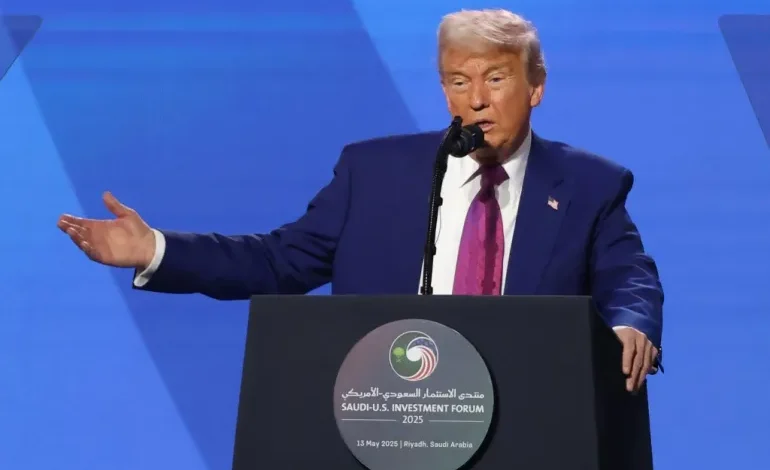
United States President Donald Trump has announced the full removal of sanctions on Syria, signaling a sweeping reversal of longstanding U.S. policy toward the war-torn country, as per Al Jazeera.
The move, made during an investment forum in Saudi Arabia’s capital on Tuesday, is intended to give Syria a chance to “move forward” after more than a decade of devastating civil war.
“I will be ordering the cessation of sanctions against Syria in order to give them a chance at greatness,” Trump declared during his speech in Riyadh. “It’s their time to shine. We’re taking them all off. Good luck, Syria. Show us something very special.”
The announcement marks a major diplomatic shift, ending punitive measures that were initially imposed over the Syrian government’s violent crackdown on dissent, human rights violations, and its role in a war that has left hundreds of thousands dead and millions displaced.
Diplomatic Breakthrough
Trump’s remarks referenced the newly installed interim government in Damascus, led by President Ahmed al-Sharaa, as a hopeful stabilizing force.
“There’s a new government that will hopefully succeed in stabilising the country and keeping peace,” he said.
Later, Syrian state media reported that al-Sharaa would meet with Trump in Saudi Arabia on Wednesday. U.S. Secretary of State Marco Rubio is also scheduled to hold talks with Syrian Foreign Minister Asaad al-Shaibani in Turkey this week.
Al-Shaibani hailed the U.S. decision as “a pivotal turning point for the Syrian people as we move toward a future of stability, self-sufficiency, and true reconstruction,” according to the state-run SANA news agency.
Regional Support and Strategic Interests
The sanctions rollback follows extensive discussions between Trump and regional leaders, including Saudi Crown Prince Mohammed bin Salman and Turkish President Recep Tayyip Erdoğan. Analysts say the Gulf states, especially Saudi Arabia, Qatar, and the UAE, played a key role in persuading Washington to ease its hardline stance.
“This wasn’t something that was too difficult for Trump to do,” said Omar Rahman, a fellow at the Middle East Council on Global Affairs. “He didn’t need permission from Congress. But it removes a key obstacle to Syria’s economic recovery.”
Saudi Arabia and Qatar recently pledged to cover Syria’s $15 million debt to the World Bank, signaling increasing international willingness to re-engage with Damascus.
Skepticism Over Motives
Despite the optimism, questions remain over what the U.S. expects in return. Al Jazeera’s Senior Political Analyst Marwan Bishara raised concerns over whether Syria might be pressured into normalizing ties with Israel or cracking down on Palestinian factions as part of the broader diplomatic realignment.
“There’s been talk about Syria joining the Abraham Accords at the expense of the Palestinians,” Bishara noted.
He also urged U.S. leaders to address Israel’s ongoing military interventions in Syria, which he said undermine regional stability.
Israel-Syria Tensions Persist
Israel has continued its air campaign inside Syrian territory, with recent strikes near Damascus condemned by Syrian authorities as “dangerous escalations.” Tensions have flared over alleged threats to Syria’s Druze minority and Israel’s repeated claims that the new Syrian leadership emerged from armed opposition groups.
The Israeli government has labeled Syria’s interim leadership a “terror group from Idlib that took Damascus by force.” However, Druze leaders in Syria recently stated they did not require Israeli protection and had reached a resolution with the Syrian government.
Long Road to Recovery
The United Nations Development Programme (UNDP) warned earlier this year that even with sanctions lifted, Syria faces decades of rebuilding. A 2024 report estimated that Syria’s GDP has shrunk to less than half its 2011 level, with nine out of ten Syrians living in poverty and one-quarter of the population unemployed.
The UNDP projected that Syria would need more than 50 years to regain its pre-war economic standing without substantial foreign investment. The war’s total economic cost is estimated at $800 billion in lost GDP, and the country’s Human Development Index has fallen to its lowest level since 1990.

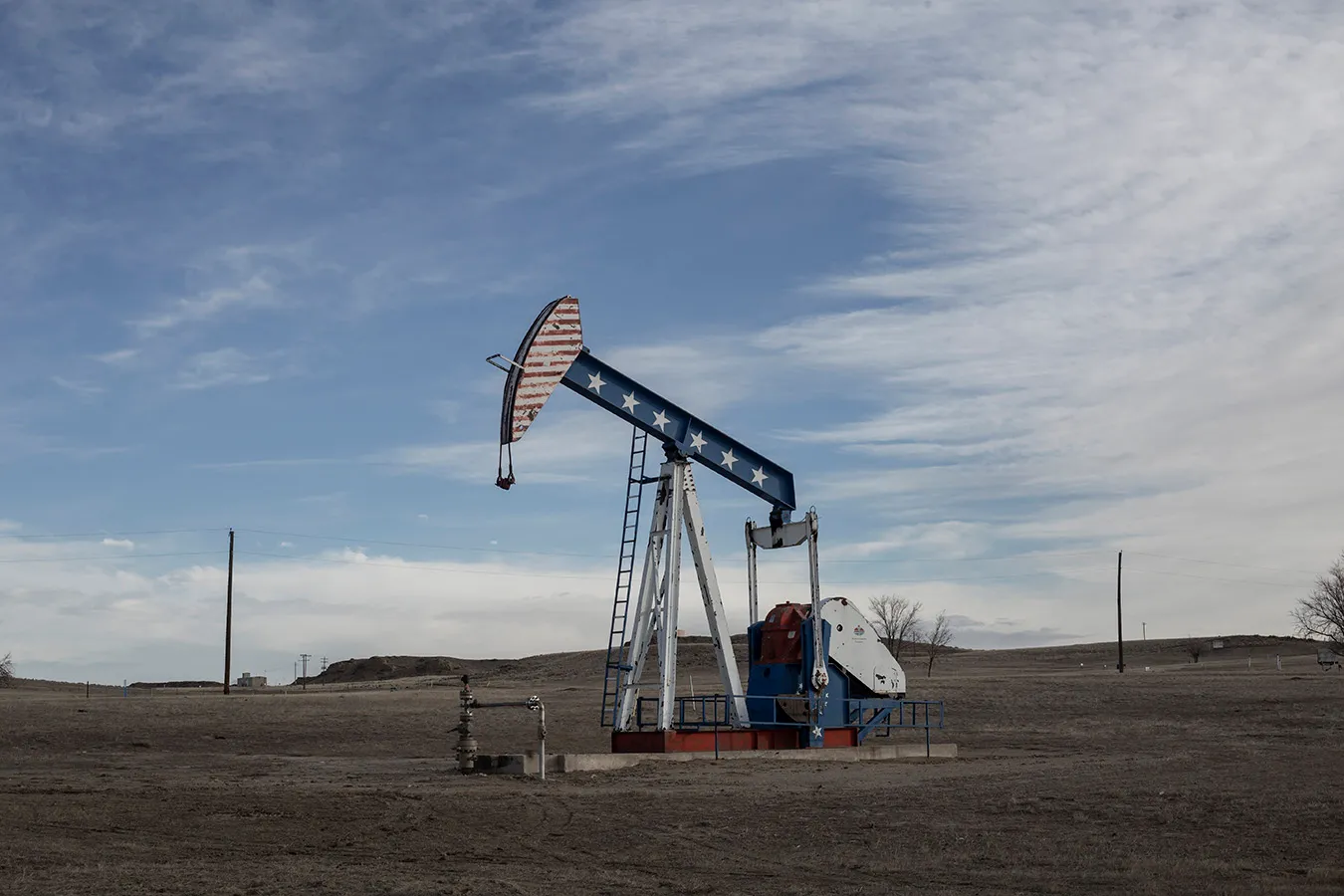
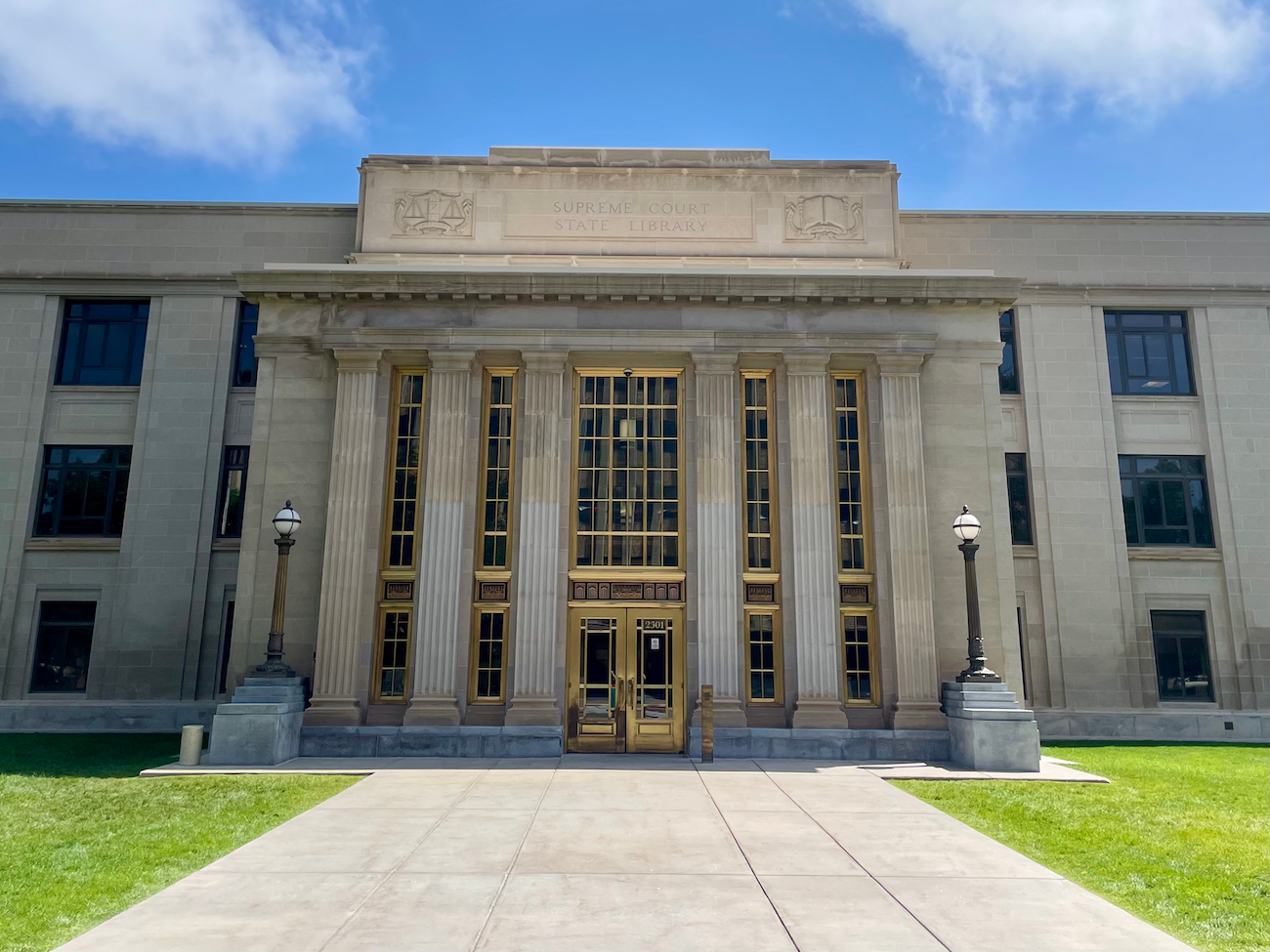
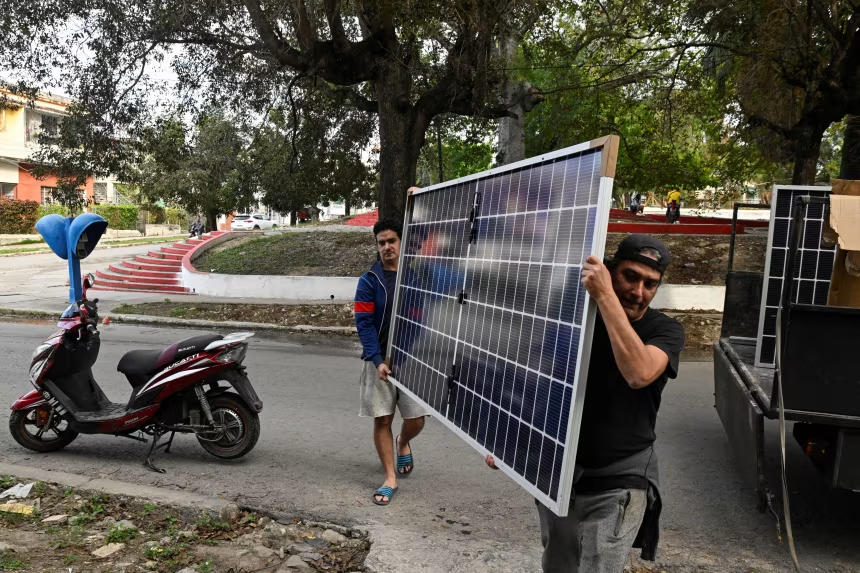
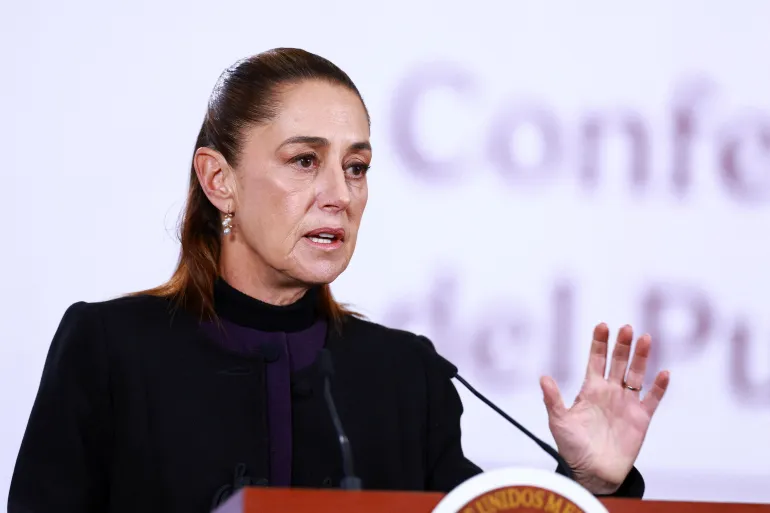




The latest news in your social feeds
Subscribe to our social media platforms to stay tuned